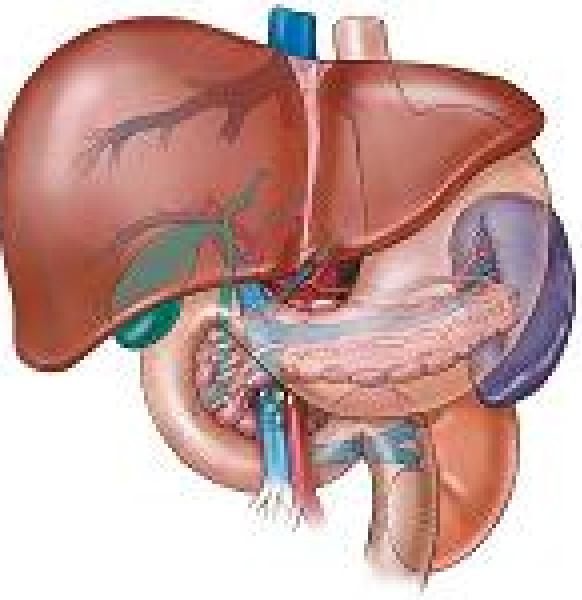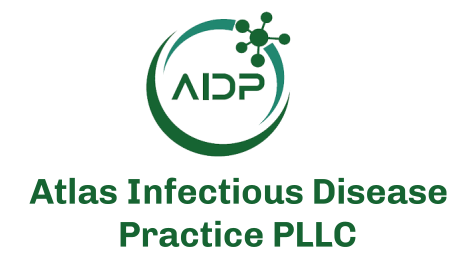
Redwood City, Calif-based Bluejay Therapeutics, announced yesterday it had dosed the first patient in their clinical trial, which will evaluate their monoclonal antibody, brelovitug (also known as BJT-778), for the treatment of chronic hepatitis D (CHD).1
The study, named AZURE-1, is a global, randomized clinical trial, examining brelovitug as a monotherapy for adults living with CHD compared to delayed treatment.1
“The initiation of our AZURE-1 pivotal clinical trial is a critical step toward addressing the unmet medical needs of people living with CHD. We plan to recruit and complete this trial as rapidly as possible,” Bluejay Therapeutics Chief Medical Officer of Nancy Shulman, MD, said in a statement.1
Brelovitug is an investigational, highly potent, pan-genotypic, fully human immunoglobulin G1 (IgG1) monoclonal antibody (mAb) that targets the surface antigen (anti-HBsAg) on both the hepatitis D virus (HDV) and the hepatitis B virus (HBV).1
What You Need to Know
Bluejay Therapeutics has initiated the AZURE-1 global clinical trial to evaluate brelovitug (BJT-778) as a monotherapy for chronic hepatitis D (CHD).
Previous phase 2 data showed that BJT-778 achieved 100% virologic response across all dose groups, with up to 78% of participants reaching the combined endpoint of virologic response and ALT normalization, indicating a beneficial effect on liver inflammation.
CHD is the most severe form of viral hepatitis, progressing rapidly to cirrhosis, liver failure, and liver cancer. Currently, no FDA-approved therapies exist,
Last fall, at The Liver Meeting 2024 of the American Association for the Study of Liver Diseases (AASLD), the company announced new data from its phase 2 study reporting the monoclonal antibody achieved 100% virologic response across all dose arms and up to 78% of participants reached the combined endpoint of virologic response and ALT normalization. These parallel declines in HDV viral load and ALT were observed across all doses, indicating a beneficial effect on liver inflammation as the result of viral load reduction.
This was a phase 2 study, and participants who were included demonstrated quantifiable HDV RNA and HBV suppressed on nucleos(t)ides were assigned to one of three doses of BJT-778: 300 mg weekly (QW) (n=18); 600 mg every week for 12 weeks, then every two weeks (Q2W) (n=11); and 900 mg every four weeks after a loading dose administered at week two (Q4W) (n=18). Patients with compensated cirrhosis and those with well-controlled HIV were allowed.2
Key endpoints of the study include safety and tolerability; virologic response (defined as ≥2 log10 HDV RNA IU/mL reduction from baseline or HDV RNA target not detected [TND]; ALT normalization in those participants with abnormal ALT at baseline; and the combined response of virologic response plus ALT normalization. According to FDA guidance, this combined endpoint is a reliable predictor of clinical benefit and directly supports approval of new drugs in CHD.2
According to Bluejay, by the last timepoint available for each dose, the results were as follows:
300 mg QW (n=10): By Week 44, this group had 100% virologic response, including 60% with HDV RNA below the Lower Limit of Quantification (
600 mg Q2W (n=10): By Week 36, had 100% virologic response, including 50%
900 mg Q4W (n=8): By Week 24, had 100% virologic response, including 75%
They also reported a favorable safety profile of BJT-778 with all doses being safe and well tolerated. There were no ≥ grade 3 AEs, no severe AEs and no treatment discontinuations due to AEs.2
Hepatitis D Burden
Hepatitis D (HDV) can be a very severe infection, and it is characterized as a satellite virus as it only infects people who have hepatitis B (HBV). According to the Centers for Disease Control and Prevention (CDC),coinfection can happen when people contract both HBV and HDV simultaneously, and it can typically cause health problems up to even liver failure, but it is not typically chronic in nature.3
“CHD is the most severe form of viral hepatitis with rapid progression to cirrhosis, liver failure, and liver cancer. There are currently limited treatment options for CHD, with no therapy approved by the US FDA,” Shulman said.1






